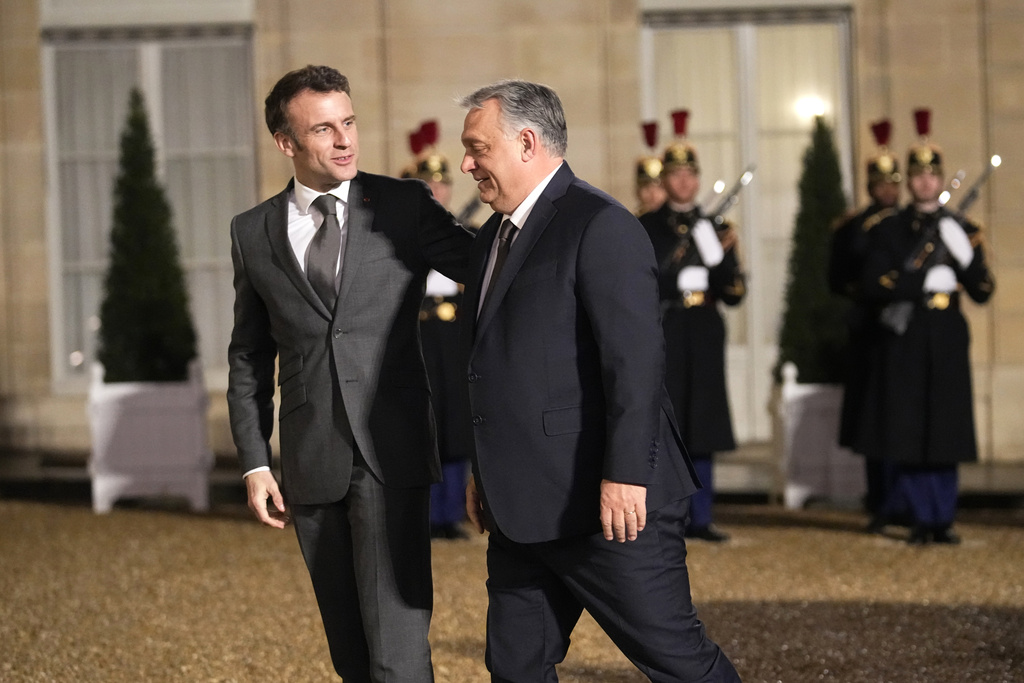Hungary is looking to circumvent Germany’s efforts to block its expansion of the Paks nuclear energy plant and is currently turning to France, a country seen as more friendly toward Hungary’s nuclear energy ambitions.
French President Emmanuel Macron received Hungarian Prime Minister Viktor Orbán at the Élysée Palace in Paris yesterday, where one of the top issues on the agenda was nuclear energy cooperation.
For Hungary, the talks focused on the expansion of the Paks nuclear power plant in Hungary, as the control system that will be responsible for keeping the plant operational is being built by a Franco-German consortium, according to Hungarian news outlet Magyar Nemzet.
Currently, Hungary is facing significant issues due to the German government refusing to approve Siemens Energy’s participation in the construction process. According to Hungarian Foreign Minister Péter Szijjártó, who was also present for the talks, Hungary is looking for the French company Framatome to have an increased role in the expansion of the Paks plant to prevent Germany from blocking the needed technology.
“This is absolutely unfair behavior on the part of the German government because the issue of energy supply is a national competence, security of energy supply is a sovereignty issue,” said Szijjártó.
The investment in the Paks plant is considered one of the most important investments in the country’s history, and Germany’s blocking of Siemens’ participation is seen as a major point of conflict between Hungary and Germany.
Macron has noted in the past that both he and Orbán have been at odds on a number of issues, with Macron previously saying, “We are political adversaries but European partners.” However, both leaders acknowledge that nuclear energy is a vital national interest for both countries. The two also discussed other issues, such as support for Ukraine, in the run-up to the EU leaders’ summit in a week and a half.
Szijjártó also pointed out that the war in Ukraine and the punitive measures imposed in response to it have led to a global energy supply crisis, while the effects of climate change are increasing pressure around the world. In the future, he said two things need to be addressed in terms of energy supply.
“To have a secure, cheap predictable energy supply in the long term and to achieve this in a way that takes into account environmental concerns,” Szijjártó said. “It is clear that nuclear energy can meet these two objectives.”
The minister said that Hungary is an important leader in nuclear energy in Europe and is part of a nuclear coalition led by France, which he added has a rational energy policy.
“In the field of nuclear energy, an important cooperation between France and Hungary has been established, which now has practical consequences and spin-offs,” Szijjártó said.
Monday’s meeting was the third official meeting between Orbán and Macron, with the first bilateral talks having taken place in 2019, also in Paris.





